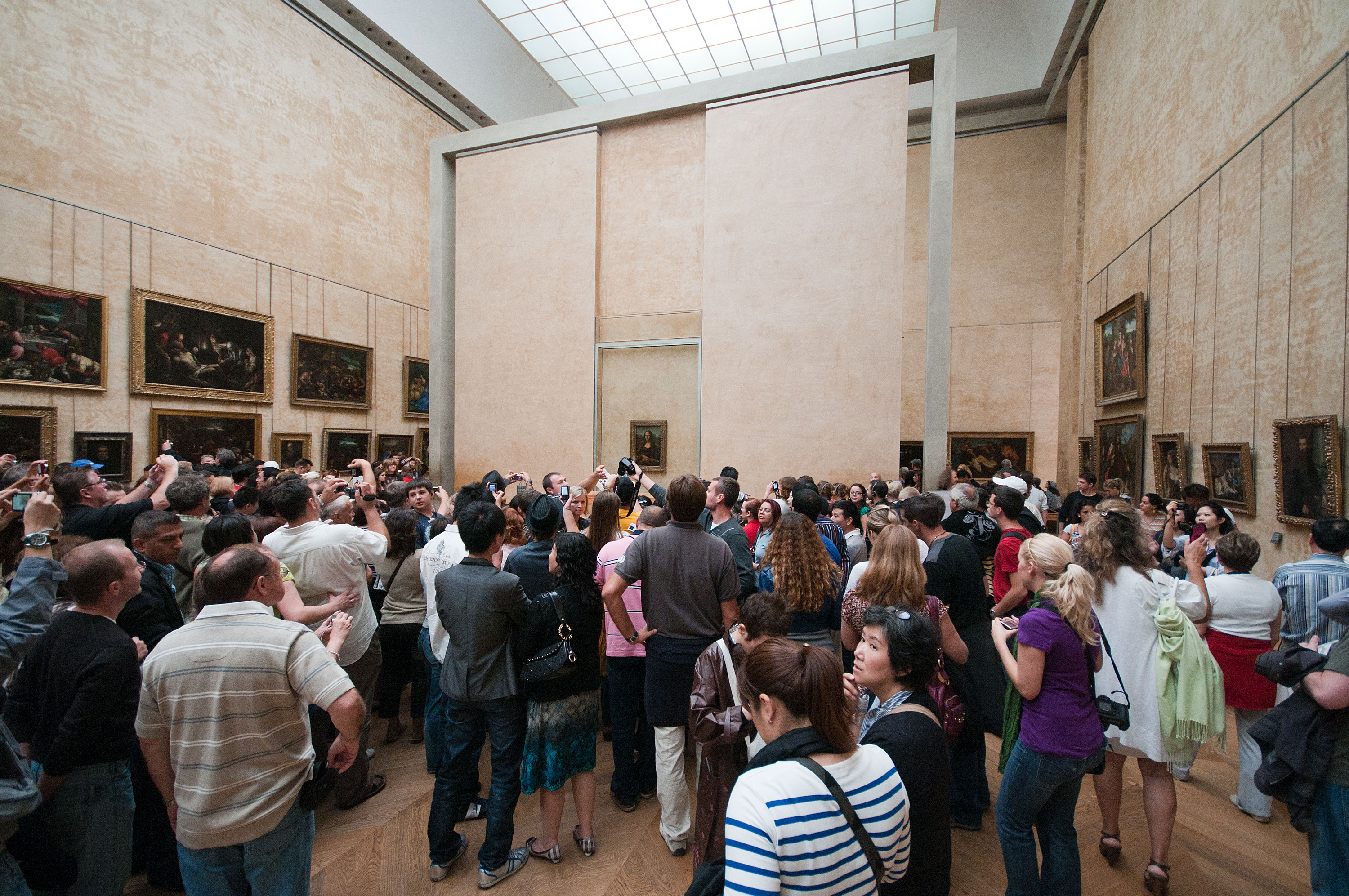
This Week: Tate goes for an artificial intelligence art project… UK has more amateur orchestras than you can shake a stick at… Does community storytelling take advantage of the storytellers?… Why the Louvre’s attendance is down 20%… When data drives your art experience the art changes.
- Using Artificial Intelligence To Link News And Art: Tate Britain’s prize for a project in innovative technology and art goes to a project that “matches stunning photographs from the 24/7 news cycle with centuries-old artworks, and presents them online”. Is this a new way of engaging an audience based on what the news cycle is? “The team have created and trained a ‘brain’ to a point where it is simulating certain human attributes and unleashed it online – and it is creating a gallery,” said Tony Guillan, the producer of the IK prize at Tate Britain.
- UK – Amateur Orchestras Everywhere: If participation is key to building communities around the arts, then surely the UK is the center of the orchestra world. There are more amateur orchestras there than anywhere. A new TV series pits orchestra against orchestra to pick the best. “Germany might have the most professional orchestras in the world (a grand total of 130 full-time ones) but here in the UK we’re devoted to the world of amateur orchestras. There are so many, in fact, that we decided to make our series about symphony orchestras only, and excluded smaller groups with fewer than 40 players from our search.”
- Community Storytelling On A Shoestring: Storytelling has become an audience phenomenon, as TED, The Moth and countless local organizations stage storytelling events. These are community events with lots of buzz. But it doesn’t necessarily work out for the performers at these events. “Mortified, like The Moth, Upright Citizens Brigade, and even TED Talks, is one of the hundreds of live events around the world that have sprouted up during an era in which experiential entertainment, or the IRL economy, were supposed to grow more cherished (and more lucrative) … [But] live events exist in the same way many independent publishers exist – on a shoestring budget in which the performer is usually the last to be paid.”
- Why Attendance At The World’s Most-Visited Museum Is Down 20%: Through no fault of its own, says the Louvre. “It’s quite mathematical,” the representative explained. “If you have less visitors in Paris, there are less visitors at the Louvre. So it’s not the Louvre. It’s a drop in tourism to Paris as a destination because of the attacks and security concerns.”
- When The Church Of Big Data Drives Your Arts Experience: Then it’s not necessarily all about the art. “Just as divine authority was legitimised by religious mythologies, and human authority was legitimised by humanist ideologies, so high-tech gurus and Silicon Valley prophets are creating a new universal narrative that legitimises the authority of algorithms and Big Data. This novel creed may be called “Dataism”. In its extreme form, proponents of the Dataist worldview perceive the entire universe as a flow of data, see organisms as little more than biochemical algorithms and believe that humanity’s cosmic vocation is to create an all-encompassing data-processing system — and then merge into it.”
Measuring statistics based on only 1/52 of a year seems to me like bad stastistics. Has the number of visitors to Paris declined this year so far? That is all but unimaginable!
The period is actually the first half of this year – not just one week. And tourism to Paris is down by a million visitors.